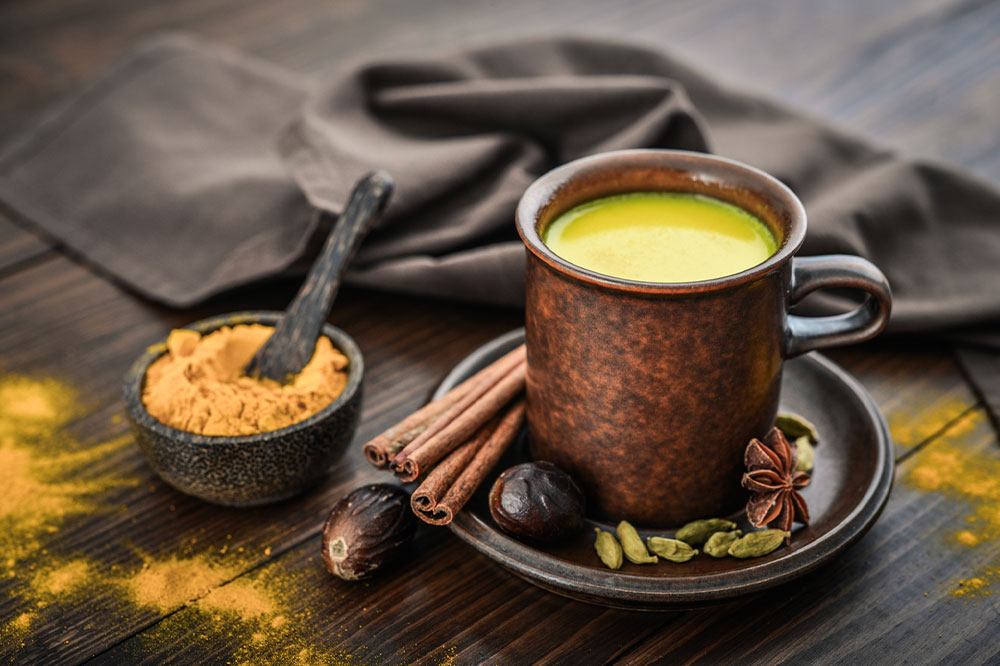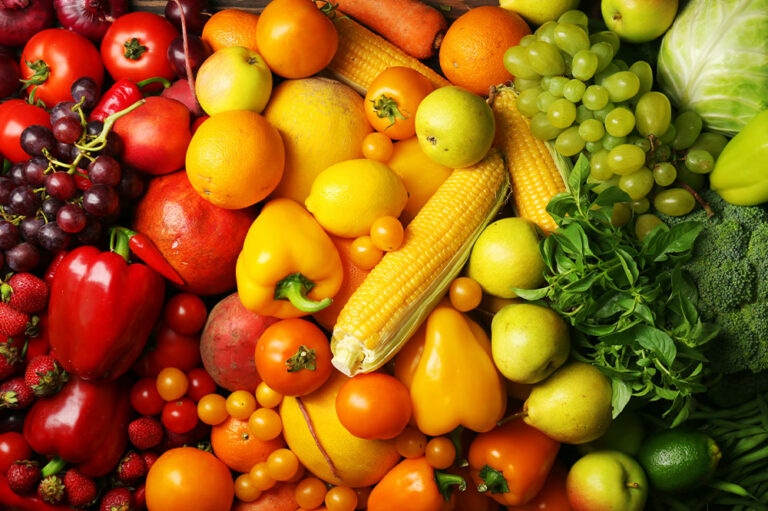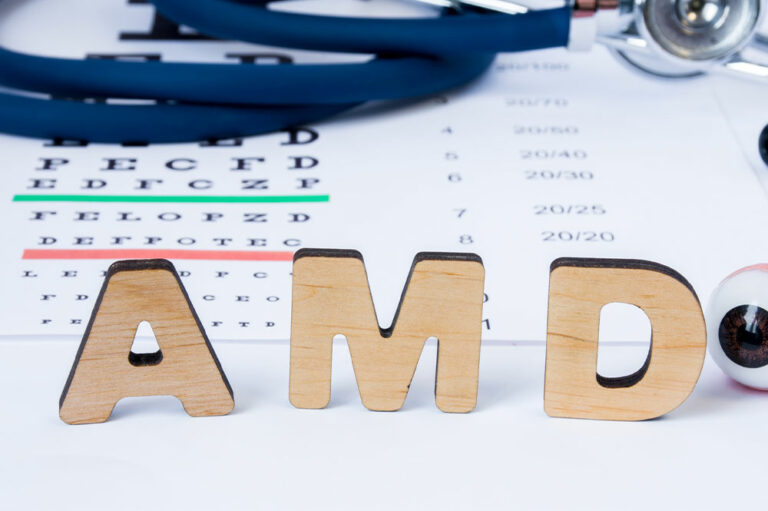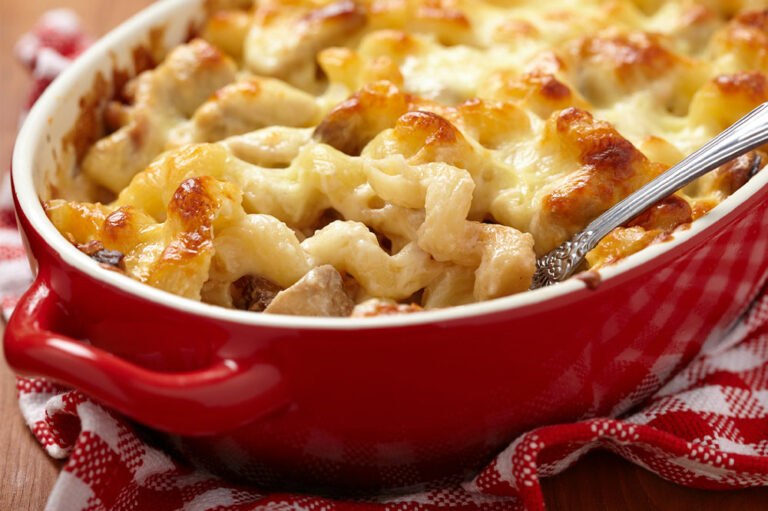
6 foods to avoid for short bowel syndrome
The basic function of the bowel is to absorb vitamins, minerals, and essential nutrients from the food one eats. However, if a portion of the bowel is surgically removed due to an underlying condition like tumors, irritable bowel syndrome, or recurrent intestinal obstruction, it will not function optimally. This condition is known as short bowel syndrome. People with this condition may need to modify their food habits by avoiding the following foods to promote better nutrient absorption.
1. Types of carbohydrates
Short bowel syndrome generally causes diarrhea and bloating. This is because of the absence of a large portion of the small intestine, which is involved in digestion. To alleviate these symptoms, those with short bowel syndrome are usually recommended to avoid or limit the intake of foods that contain a high amount of certain carbohydrates. These include the following:
Simple carbohydrates
These are also called simple sugars. Simple carbohydrates are usually present in cakes, cookies, candy, jam, table sugar, regular pop, honey, and syrup.
Fermentable carbohydrates
These include lactose and certain types of sugar. Lactose is a simple type of sugar that is found in dairy products such as milk, cream, and cheese. A low-lactose meal plan works well for those with short bowel syndrome. In addition, foods that contain sugar, such as sorbitol, xylitol, and mannitol, must be avoided. These are found in baked products, candies, packaged juices, and chewing gum. Certain fruits such as peaches, apricots, cherries, pears, and apples also contain some of these sugars.
2. Types of fiber
Short bowel syndrome makes it harder for the body to digest certain tough foods, such as those with insoluble fiber. This type of fiber is present in the tougher parts of vegetables, fruits, and plants. Insoluble fiber or roughage absorbs a lot of water in the digestive system. It quickens the process of digestion, causing the food to move through the bowels at a faster rate. In addition, it makes the stool more bulky. As a result, it triggers severe diarrhea in those with short bowel syndrome. Therefore, it is best to avoid or limit the intake of these foods containing insoluble fiber.
- Skins of fruit and vegetables
- Whole nuts
- Seeds
- Corn
- Whole-grain and whole-wheat breads, cereals, and crackers
- Wheat bran
- Dried fruits
- Coconut
3. Foods with high levels of oxalate
Oxalate, or oxalic acid, is an organic acid found in several plants. This acid generally combines with calcium in the body to form calcium oxalate compounds. In most cases, this compound is expelled from the body through urine. But sometimes, calcium oxalate can lead to kidney stones. The risk of kidney stones is high for those with short bowel syndrome. Therefore, it is usually advised to avoid foods with high amounts of oxalate. Some of these foods include the following.
- Tea
- Coffee
- Carbonated beverages
- Chocolate
- Soy products
- Beans
- Dark leafy greens
- Sweet potatoes
- Beets
- Celery
- Berries
- Kiwi
- Dried figs
- Rhubarb
- Whole wheat flour
- Wheat germ
- Wheat bran
4. Foods with refined sugar
Eating foods made with refined sugar can lead to a lot of health problems, such as diabetes, high cholesterol, and hypertension. All of these can aggravate the symptoms of short bowel syndrome. Furthermore, sugar brings in more water in the GI or gastrointestinal tract. This leads to increased loss of nutrients and fluids. So it is usually suggested to avoid foods that have moderate to high amounts of refined sugar, such as these:
- Cookies with frosting
- Cake with frosting
- Packaged cakes
- Pies
- Ice cream
- Popsicles
- Pudding
- Brownies
- Frosted marshmallows
- Donuts
- Sweetened gelatin-based snacks
5. Vegetables that cause gas or discomfort
Short bowel syndrome makes a person highly prone to gas. It can cause a lot of discomfort, along with bloating and stomach pain. Additionally, it can worsen the other symptoms. Therefore, it is better to skip certain vegetables that can easily cause gas. Some of the vegetables include:
- Onions
- Cauliflower
- Broccoli
- Cabbage
- Brussels sprouts
- Kale
- Peas
Also, legumes such as chickpeas and lentils, kidney beans, and lima beans are best avoided for similar reasons.
6. Fried meat, red meat, and processed meat
Lean meat such as fish, chicken, and turkey are high sources of proteins, which can be beneficial for short bowel syndrome. However, these foods are good if broiled, baked, or grilled. Eating any meat that has been fried in a lot of fat is bad for short bowel syndrome. These are not only hard to digest but can also increase the risk of other health issues that can worsen the symptoms of short bowel syndrome. Furthermore, it is best to avoid eating red meat such as beef, veal, lamb, mutton, pork, goat and venison. Additionally, processed meat that has been smoked, cured, salted, or preserved using chemicals should not be included in meal plans. Processed meat includes ham, bacon, sausages, corned beef, salami, hot dogs, jerky, canned meat, lunch meat, and chicken nuggets.
Tips to eat better with short bowel syndrome
With the removal of a significant chunk of the intestines, short bowel syndrome requires one to have a lot of restrictions in terms of what to eat and what to avoid. While this makes it difficult to make proper nutrition choices, there are several other ways one can learn to eat better. Here are a few tips:
1. Eat small but multiple meals in the day
Eating about 6 to 8 small meals throughout the day makes it easier for the shortened bowel to process food. This also helps to control the symptoms.
2. Eat foods with a lot of complex carbohydrates
These foods take time to digest. As a result, there is less strain on the bowels. Foods with complex carbs include toast tortillas, plain waffles, bagels, and pita bread.
3. Eat foods with soluble fiber
Foods with soluble fiber break down easily without aggravating any of the symptoms. These foods include oatmeal, barley, nut butter, and oat bran.
4. Stay hydrated
This involves drinking not just water but other hydrating liquids, such as soups, broth, and rehydrating solutions prescribed by a primary care doctor.







